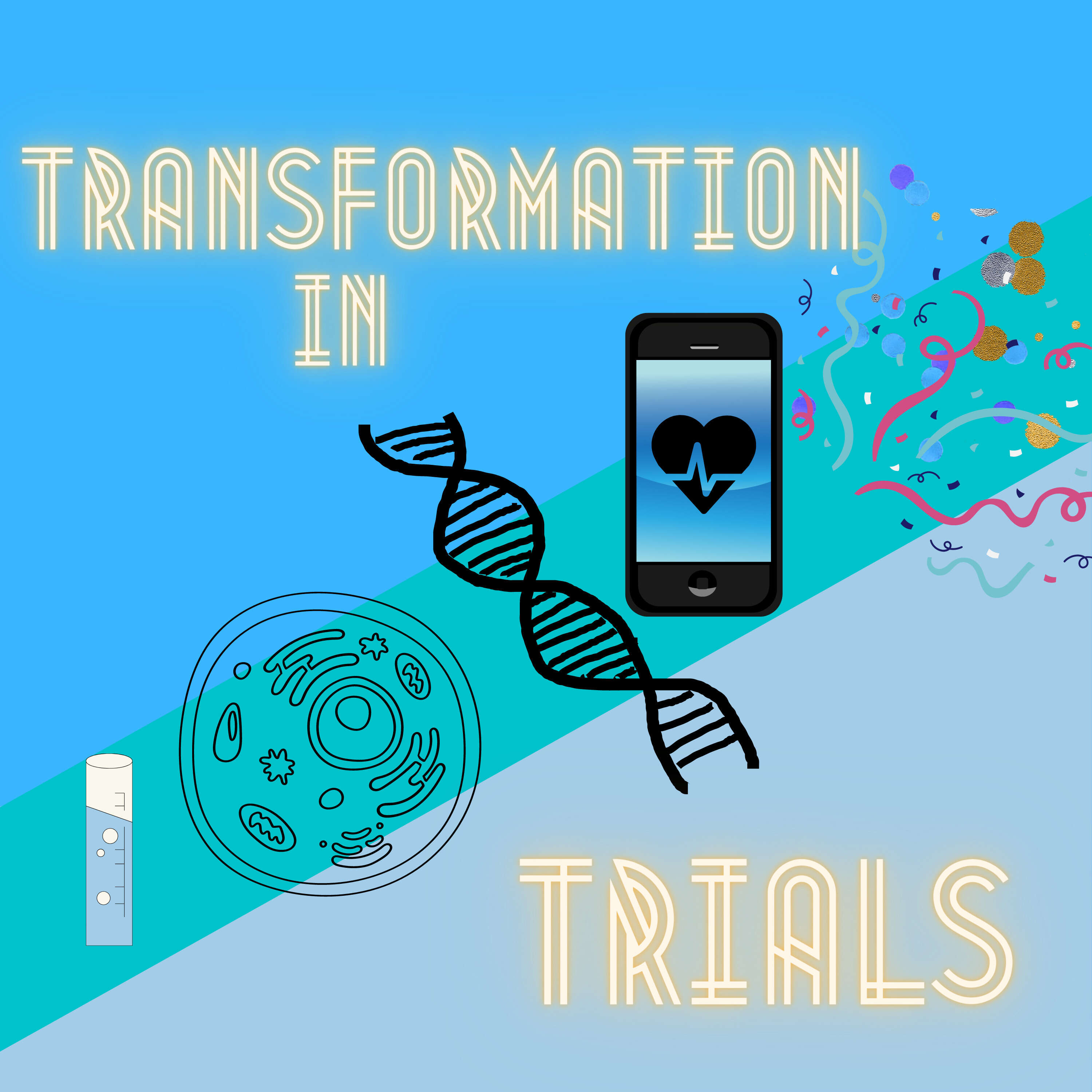- After-Shows
- Alternative
- Animals
- Animation
- Arts
- Astronomy
- Automotive
- Aviation
- Baseball
- Basketball
- Beauty
- Books
- Buddhism
- Business
- Careers
- Chemistry
- Christianity
- Climate
- Comedy
- Commentary
- Courses
- Crafts
- Cricket
- Cryptocurrency
- Culture
- Daily
- Design
- Documentary
- Drama
- Earth
- Education
- Entertainment
- Entrepreneurship
- Family
- Fantasy
- Fashion
- Fiction
- Film
- Fitness
- Food
- Football
- Games
- Garden
- Golf
- Government
- Health
- Hinduism
- History
- Hobbies
- Hockey
- Home
- How-To
- Improv
- Interviews
- Investing
- Islam
- Journals
- Judaism
- Kids
- Language
- Learning
- Leisure
- Life
- Management
- Manga
- Marketing
- Mathematics
- Medicine
- Mental
- Music
- Natural
- Nature
- News
- Non-Profit
- Nutrition
- Parenting
- Performing
- Personal
- Pets
- Philosophy
- Physics
- Places
- Politics
- Relationships
- Religion
- Reviews
- Role-Playing
- Rugby
- Running
- Science
- Self-Improvement
- Sexuality
- Soccer
- Social
- Society
- Spirituality
- Sports
- Stand-Up
- Stories
- Swimming
- TV
- Tabletop
- Technology
- Tennis
- Travel
- True Crime
- Episode-Games
- Visual
- Volleyball
- Weather
- Wilderness
- Wrestling
- Other
Dr. Elin Haf Davies: Benefits of designing trials for paediatric patients first
We speak to Dr. Elin Haf Davies, CEO and founder of the technology company Apartito. We dive into the topic of designing trials with especially paediatric patients in mind. Elin shares with us her perspective on this topic from her background from healthcare, regulatory authorities, pharma and now also tech. Elin takes us through the mindset change the industry has undergone from believing that clinical trials in children were unethical, to regulatory bodies requiring life science companies to conduct trials in children to increase treatment options for this population. Finding ways to make clinical trials a positive experience for children requires that you think about how you design the administration of the drug - but also how you design the trial itself. Using endpoints that were designed for adults will leave you with inconclusive results in children. Designing endpoints that are age appropriate, disease specific, passive and pain free will make all the difference for your trial. What is missing from the equation is the tools for making paediatric-friendly clinical trials. Developing tools that will work for children will likely benefit the adult population too - because you are forced to reduce complexity and think about ease of use. Measuring endpoints in a passive fashion carries the promise to make clinical trials easier to participate in for both children and adults - with tools like analysis of video recordings and wearables. We also speak about how wearables and passive means of collecting data do not replace the human element of care - especially not in a paediatric setting. <br/>Guest: Elin Haf Davies: https://www.linkedin.com/in/el....in-haf-davies-414b52 https://www.aparito.com/ <br/>Links:EMA on mandate to conduct paediatric trials: https://www.ema.europa.eu/en/d....ocuments/other/europ FDA draft guidance on paediatric trials: https://www.fda.gov/news-events/press-announcements/new-fda-draft-guidance-aims-protect-children-who-participate-clinical-trials <br/><br/>

